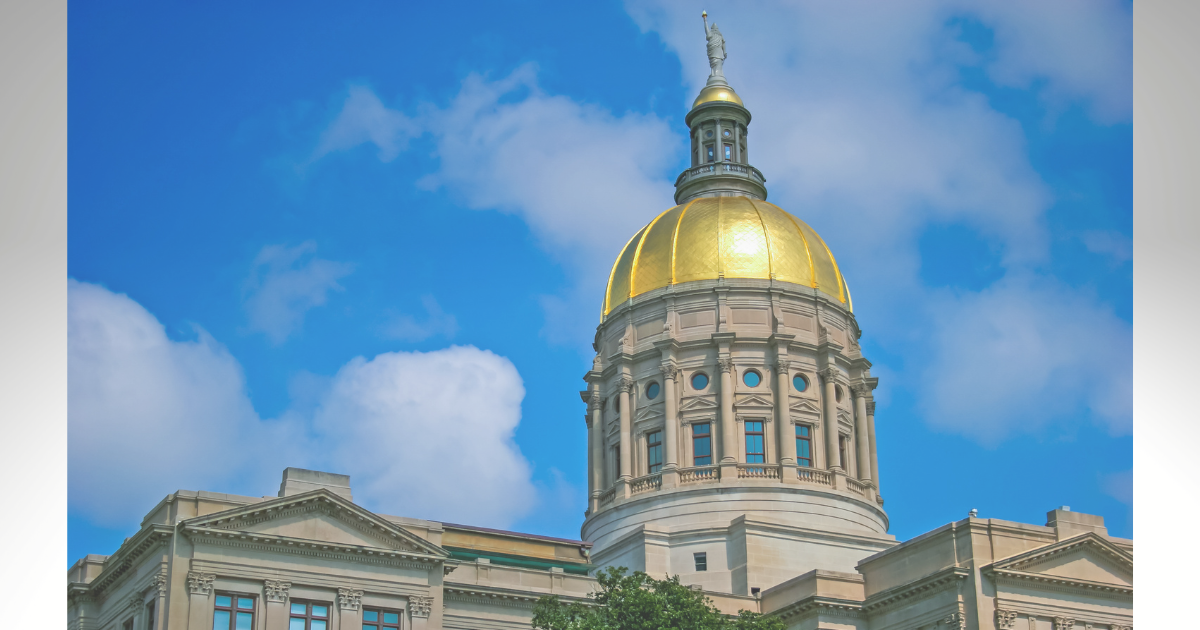(The Center Square) – A long list of government entities are opting out of a Georgia bill that would freeze property assessment at the rate of inflation.
But some lawmakers are considering legislation to remove that option.
Sen. Chuck Hufstetler, R-Rome, is one of those lawmakers. Rather than introducing a bill that would mandate the tax break statewide, it will be a trend among lawmakers to introduce bills specific to their counties where entities are opting out, he told The Center Square.
The bills would be introduced in the Senate’s State and Local Government Operations Committee.
House Bill 581 was approved by 63% of Georgia voters in November. The entities electing to opt out have given different reasons.
“In order to maintain the level of educational services, we would continue to raise the millage rate,” Oglethorpe County School Superintendent Beverley Levine said in a story posted in the Oglethorpe Echo. “We do not want folks in Atlanta determining what is best for Oglethorpe County.”
Gwinnett County, the state’s second most populous county, says it has a local homestead exemption that protects property owners, officials said on its website. Any increases in property taxes are because of cities and the school board, the county said.
Local governments have until March 1 to file their intent to opt-out with the secretary of state. The entities must show that they held three public hearings, with one being held in the evening hours on a business day, that were publicized by local media.
Some governments have held their first hearings.
In Montgomery County, one resident said the decision to enact the exemption was already made by the voters. Sixty-three percent of Georgia voters approved the measure.
K.C. Seabury told the Montgomery County Board of Education his home was affected by the recent hurricane and he has struggled to pay his property taxes.
“I’m here today to say, as one taxpayer, I’m offended that it’s even being considered because it has a lot of implications that can be worked around besides just stamping it and saying, ‘yep, we’re going to raise it. We’re going to opt out and do what we want to do,” Seabury said in an article published in The Advance News.
Some governments are still deciding if they will opt out of the exemption.
The Tax Foundation had a different take on the bill, saying it could affect the housing market.
“There would be a significant disincentive for current homeowners to sell their homes since they will experience the full force of assessments based on higher prices in the real estate market,” the organization said in an October 2024 analysis. “Likewise, prospective homebuyers in 2025 and beyond will have a harder time accessing housing that fits their current budgets due to the unwillingness of current homeowners to list their houses on the market, and the disincentives this policy creates for new construction.”
By Kim Jarrett | The Center Square








